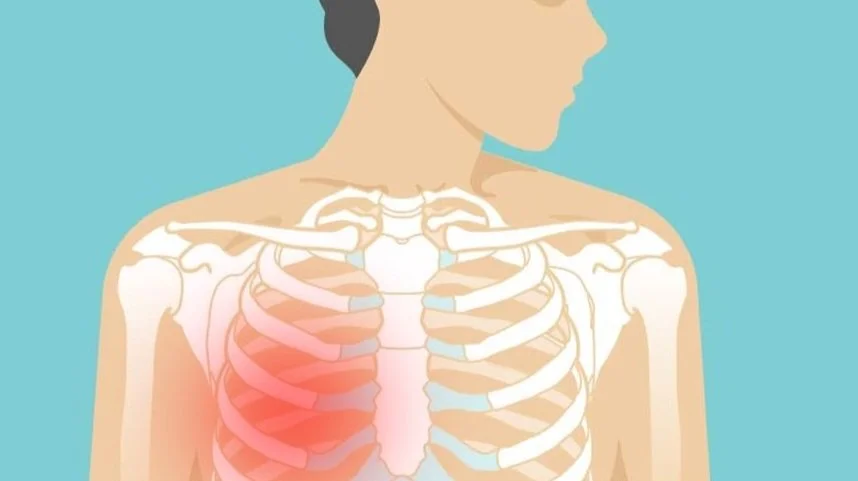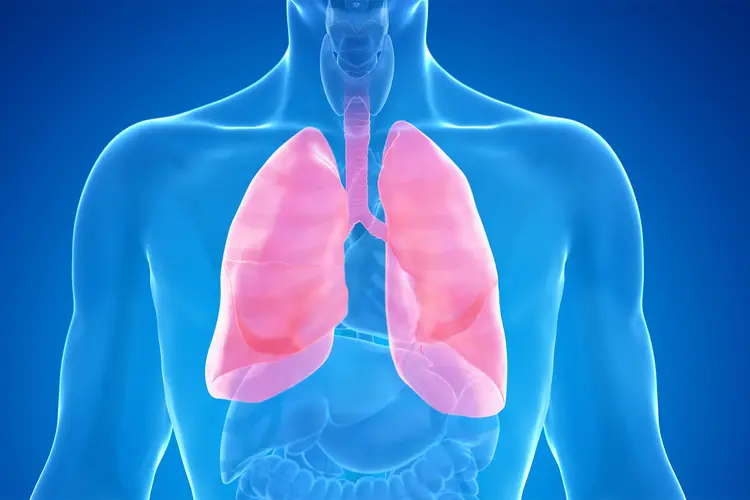Introduction Most colds resolve within a week or two, but sometimes the cough lingers long after the other symptoms are gone. This is known as a post-viral cough. While frustrating, it’s usually not dangerous and often improves on its own. However, persistent coughing can disrupt sleep, daily activities, and cause anxiety about underlying health problems. Understanding why it happens and how to manage it can make recovery smoother. Why Does a Post-Viral Cough Happen? After a viral respiratory infection, such as the common cold, flu, or COVID-19, the airways can remain inflamed and hypersensitive for weeks. This lingering irritation can…
-
-
Introduction Coughing is a natural reflex that helps clear the airways and protect the lungs. However, not all coughs are the same. Doctors often classify them as dry (non-productive) or wet (productive), depending on whether mucus or phlegm is present. Understanding the difference between these two types of cough is important, since their causes, treatments, and implications can vary widely. What is a Dry Cough? A dry cough does not produce mucus or phlegm. It often feels tickly, irritating, or scratchy. Common Causes Treatment Approaches What is a Wet Cough? A wet cough produces mucus (phlegm or sputum), helping to…
-
Introduction Chest pain is a symptom that often causes alarm, as many people immediately think of heart problems. However, not all chest pain is heart-related. One common cause of non-cardiac chest pain is costochondritis, an inflammation of the cartilage that connects the ribs to the breastbone (sternum). While it can be uncomfortable and even mimic heart attack pain, costochondritis is usually harmless and treatable. What is Costochondritis? Causes and Risk Factors The exact cause is not always clear, but common triggers include: Symptoms of Costochondritis Diagnosing Costochondritis Because chest pain can be heart-related, doctors first rule out cardiac causes with:…
-
Introduction Not all chest pain comes from the heart. In fact, many people experience recurrent chest discomfort unrelated to heart disease, known as non-cardiac chest pain (NCCP). This type of pain can be caused by gastrointestinal, musculoskeletal, lung-related, or psychological conditions. While it is not directly linked to blocked arteries, recurrent non-cardiac chest pain can still be distressing and impact daily life. Proper evaluation and management are essential to improve the quality of life and rule out serious conditions. Common Causes of Non-Cardiac Chest Pain 1. Gastroesophageal Reflux Disease (GERD) 2. Esophageal Disorders 3. Musculoskeletal Conditions 4. Pulmonary Causes 5.…
-
Introduction Heart disease is the leading cause of death among women worldwide, yet it is often underrecognized. While chest pain is the hallmark symptom of a heart attack, women frequently experience atypical or subtle symptoms that may not be immediately linked to the heart. These differences can delay diagnosis and treatment, putting women at higher risk of complications. Understanding the unique ways heart attacks present in women is essential for timely recognition and care. Why Women’s Symptoms Can Differ Biological and hormonal differences affect how women experience heart disease: Typical vs. Atypical Symptoms Classic “Male-pattern” Heart Attack Symptoms Atypical Symptoms…
-
Introduction Chest pain can arise from many causes—ranging from muscle strain or acid reflux to life-threatening conditions like a heart attack. Because the symptoms often overlap, doctors rely on a combination of diagnostic tests to identify whether the pain is cardiac in origin. Four of the most important tools used in evaluating chest pain are the Electrocardiogram (EKG), Troponin blood test, Stress test, and Coronary angiography. Electrocardiogram (EKG/ECG) What it is An EKG records the electrical activity of the heart through small sensors (electrodes) attached to the skin. Why it done What to expect Troponin Blood Test What it is…
-
Introduction Chest pain is one of the most serious symptoms you can experience. While sometimes it may be caused by harmless conditions like indigestion or muscle strain, it can also be the first warning sign of a heart attack or other life-threatening emergency. Because every minute counts when it comes to saving heart muscle and preventing complications, it’s always better to be safe than sorry. Knowing when to call 911 (or your local emergency number) could save your life or the life of someone you love. Why Immediate Action Matters A heart attack or other cardiac emergency can worsen rapidly.…
-
Introduction Chest tightness or pain often raises fears of a heart attack or other serious medical condition. However, stress and anxiety are also well-known causes of chest discomfort. Anxiety-related chest pain can feel alarming and mimic cardiac symptoms, but it originates from the body’s “fight-or-flight” response rather than from the heart itself. Understanding how stress and anxiety affect the body can help people recognize patterns, manage symptoms, and seek appropriate care. How Stress and Anxiety Affect the Body When you feel anxious or stressed, your body releases stress hormones (adrenaline and cortisol) that trigger physical changes: These changes prepare the…
-
Introduction Chest pain is often alarming because it can signal serious heart or lung conditions. However, not all chest pain is cardiac or respiratory in origin. A common and usually less dangerous cause is musculoskeletal chest pain, which arises from the muscles, bones, joints, or connective tissues of the chest wall. While uncomfortable, this type of pain is often treatable with rest, simple home measures, and sometimes medical therapy. Understanding the causes and relief strategies can help distinguish it from more urgent conditions. What Is Musculoskeletal Chest Pain Musculoskeletal chest pain refers to discomfort that originates in the muscles, ribs,…
-
Introduction Chest pain that worsens with breathing—often described as pleuritic chest pain—can be a sign of underlying conditions affecting the lungs or the lining around them. Unlike cardiac chest pain, which is often pressure-like and unrelated to breathing, pleuritic pain is typically sharp, stabbing, and triggered by inhaling, coughing, or sneezing. Three of the most common causes are pleurisy, pneumonia, and pulmonary embolism. Recognizing the differences is crucial, as some conditions require urgent medical attention. 1. Pleurisy (Pleuritis) What It Is Pleurisy occurs when the pleura—the thin membranes lining the lungs and chest cavity—becomes inflamed. Symptoms Causes Management 2. Pneumonia…










